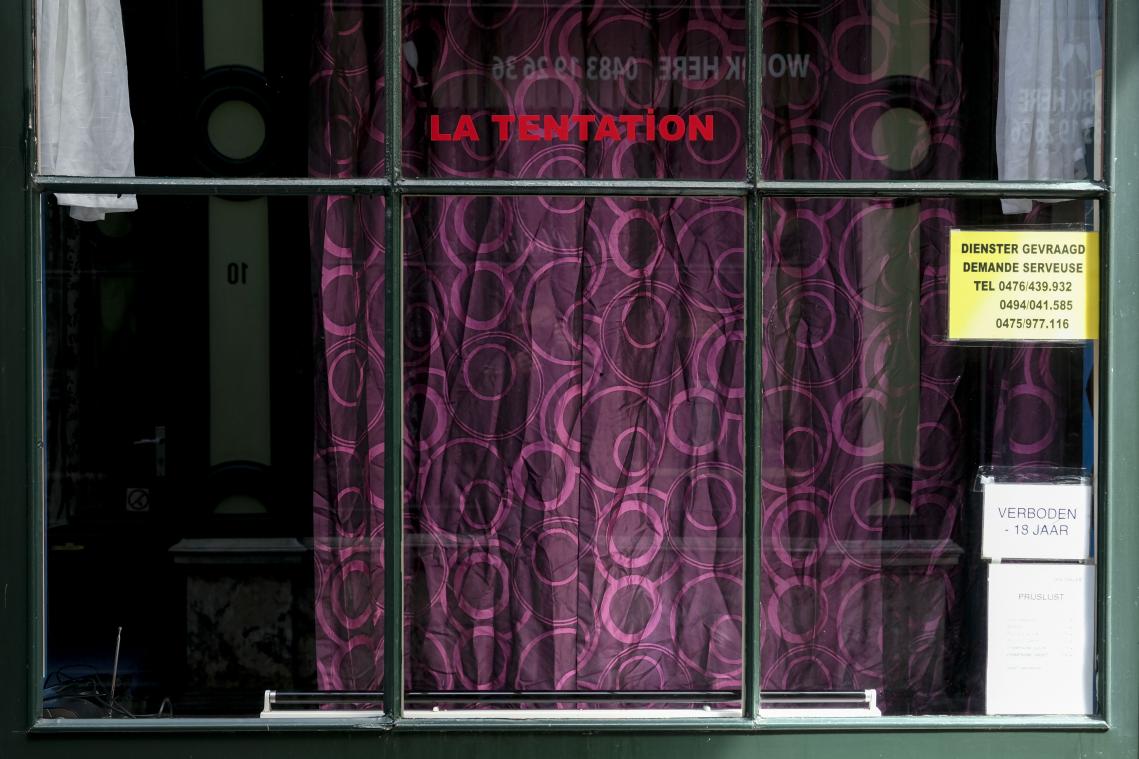Sex workers in Belgium will be eligible for work contracts from 1 December 2024.
The legislation is the result of years of consultation between the Ministries of Labour, Social Affairs and Justice and grassroots organisations, including the union for sex workers in Belgium (UTSOPI). Outgoing Federal Labour Minister Pierre-Yves Dermagne (PS) confirmed the bill's entry into force on Wednesday.
The law on the status of sex workers was adopted on 3 May and grants social status to sex workers. Previously, they had been operating in a grey area where their work was tolerated but not recognised.

Credit: Belga
The employment contract will provide social coverage and adherence to rules regarding working hours and remuneration. The new law will also protect these workers from threats in the workplace.
Sex workers will have the right to refuse clients and sexual acts without risking dismissal. They can interrupt or stop their activity at any time and can impose conditions on their services.
The law also grants sex workers the right to resign without notice or compensation.
Related News
- 'Historic': Belgium first in the world to approve labour law for sex workers
- 'Leaving sex workers behind': European Court confirms French anti-prostitution law
- Why Belgium is regulating sex work
Employers must make a reference person (internal or external) available at all times to ensure safety, regardless of the number of workers employed. They must also equip rooms where sex work is performed with an emergency button.
Pimping remains illegal. Employers who engage sex workers outside the legal framework may be prosecuted.
Belgium decriminalised sex work in 2002. The additional rights granted in May are considered "historic" by the sex work sector.

